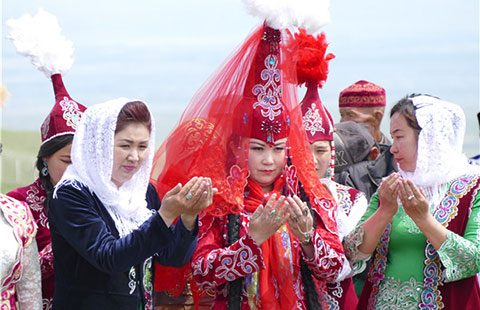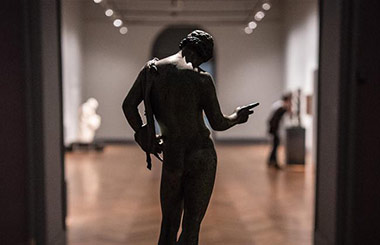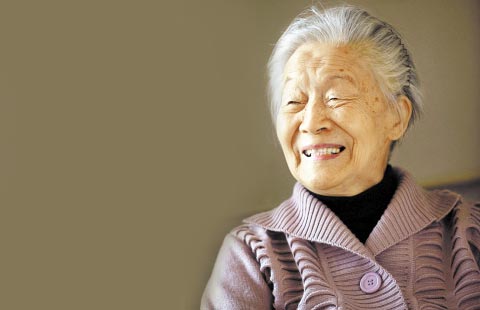A family besieged now beloved
( China Daily ) Updated: 2016-05-26 10:07:22Tiny sprout
Qian Yuan's story forms the most touching part of the family memoir. In fact, the daughter was the first to suggest writing a book about their family. She wrote five chapters but left the work unfinished.
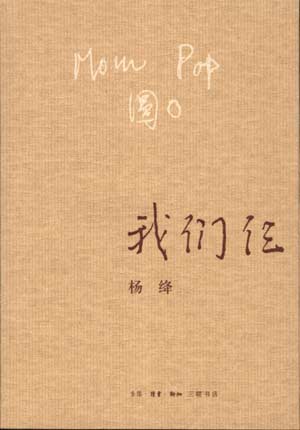
Six years after the passing away of her daughter, and five years after the demise of her husband, Yang Jiang set out to finish what her daughter had started.
Though Yang is extremely reserved in talking about the literary and scholarly accomplishments of her husband and herself, she does not hold back her high regard for her daughter.
Ah Yuan's first English sentence in her life was, "Baby yes eat," in response to her father's repeated "Baby no eat!"
In vivid language, Yang portrays her daughter sharing the same quirks and the same ingenuity as Qian Zhongshu.
Yang proudly claims, "Ah Yuan was the masterpiece of my life!" Her father deemed her "material suitable for high training," and her grandfather thought she was "a seed born for intellectual undertakings."
In poor health, she was forced to carry manure buckets in high school, to study under peasants and workers while in college, and sent to do political work at a factory after graduation.
Still in poor health, Ah Yuan continued to work hard and excel in her career as a highly-respected university professor of English.
Yang only regrets that Ah Yuan had no chance to finish many of the things she had set out to do in her life.
"Tried and tempered innumerable times, she was all along nothing but a seed, putting forth only tiny sprouts. As her parents, our hearts cannot be soothed," laments Yang.
Two sides of a coin
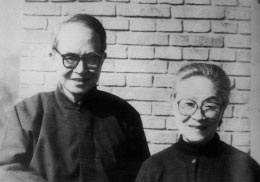 |
|
Qian Zhongshu (left) and Yang Jiang. [File photo] |
Despite his academic achievements, Qian Zhongshu didn't move into the public spotlight until 1990, when his only novel was adapted into a hit television drama serial broadcast nationwide.
His wit, his enjoyment of the ironies of life, and his prodigious erudition impress almost every reader and viewer of his "Fortress Besieged."
But through the loving eyes of his wife, readers get a glimpse of some other interesting aspects of his personality.
He is revealed to be extraordinarily awkward, for one thing, in dealing with practical daily problems. When Yang married him in 1935, she found that he could not distinguish his right from his left shoe, and grasped his chopsticks with his fist, like a baby.
Yang also adds in some little known facts about their professional careers.
According to Yang, most part of Qian's masterpiece, the "Pipe-Awl Collection (Guanzhui Pian )," was written in the middle 1970s, in the midst of the chaotic "cultural revolution" (1966-76). The English version of the book, translated by Qian himself, is "Limited Views: Essays on Ideas and Letters." The book was published by Harvard University Press in 1998.
In the mid-70s when the book was written they were "exiled" from their former residence, and, for more than three years, lived first in Ah Yuan's dorm in the university where she worked, then in an office which belonged to the institute to which they were attached.
During this period, Qian developed serious asthma and for some time was unable to walk or use a pen to write.
According to Yang, the "Pipe-Awl Collection" was written in abstruse ancient Chinese in order to escape possible political repercussions during the "cultural revolution."
At that time, fanatics could break into the house of renowned scholars like Qian and Yang at any time, and would cart away anything they thought "harmful" to the "political cause."
Also during this period, Yang finished her eight-volume translation of "Don Quixote" by Miguel de Cervantes.
"We never stopped reading and working no matter how difficult the situation was. For our work was our only enjoyment," she writes.
Real or surreal
Yang begins the first two chapters of "The Three of Us" with a recurring dream she used to have in which she was left alone by her husband in a hostile wilderness.
The boundary between reality and illusion is blurred - as Qian was, in fact, hospitalized for almost four years before his death.
In the dream, Qian, weak and emaciated, is hospitalized in a boat, attended by strangers. The house she and Qian lived in is no longer her home but an inn where she temporarily sojourns. Around her the environment is filled with incomprehensible devices and rules.
The only comfort for her is her resourceful and immensely considerate daughter Ah Yuan, who spends most of her young life fulfilling duties required of her by others.
One day, like a candle, Ah Yuan's life is snuffed out.
During the days when she keeps commuting between the boat, the inn, and the suburb hospital where Ah Yuan is kept, Yang has the illusion that she is trudging along a desolate, ancient post road all alone. The road is tiresomely long, but she hopes it will never end.
The dream leaves many readers in tears.
|
|
|
|
|
|
|
|








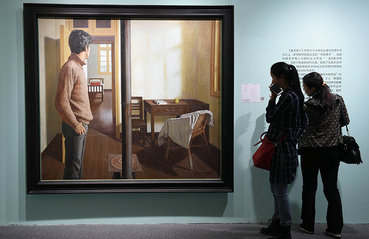




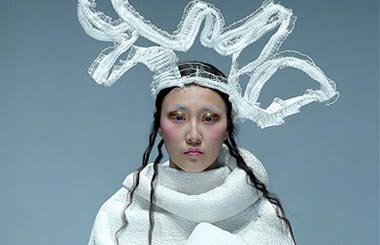


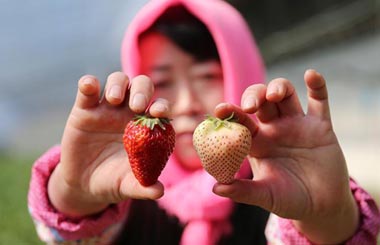


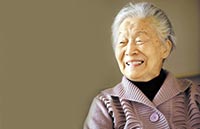

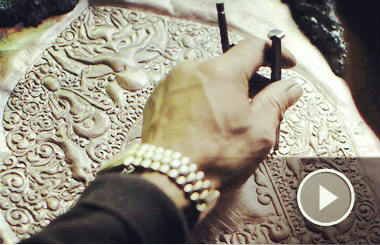
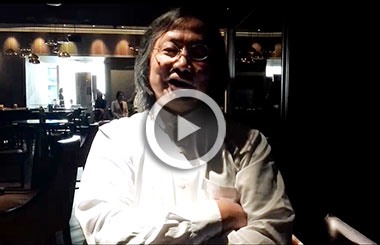
 Raymond Zhou:
Raymond Zhou: Pauline D Loh:
Pauline D Loh: Hot Pot
Hot Pot Eco China
Eco China China Dream
China Dream China Face
China Face
